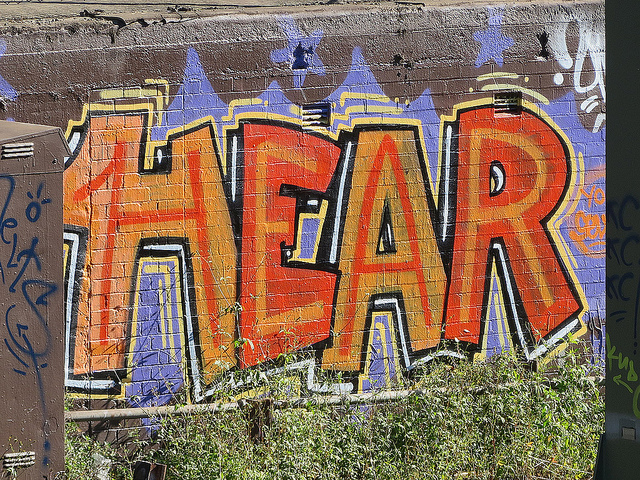You’d think with all the advances in modern medicine and technology these past 50 years, you’d be able to go get a hearing aid and presto — the world’s sounds would come into focus. That’s not the case. Among the millions of seniors who have significant hearing loss — that’s one in four age 65 to 74 and half of those age 75-plus — too many still have trouble hearing. And that can lead to health issues that include dementia.
It’s not just the cost of hearing aids that’s to blame, though that’s a big roadblock. Many of us don’t exactly know which type of technology would work for us based on our listening needs. I didn’t. I just got handed my hearing aid and went home with it. That’s because audiologists I saw never evaluated me for my individual needs. And that’s after spending $2500, which was supposedly a big bargain at a university audiology department.
Turns out my audiologist wasn’t doing his job very well. He was just selling me hearing aids.
Why Getting the Right Hearing Aid Is So Tricky
Helping people hear well is much harder than helping them see well. Unlike simple vision problems, hearing loss is sneaky. It varies according to the setting you’re in, so you might not even realize you have a problem. For example, you may hear fine in a quiet place and at close distances when facing the speaker, but if you have high-frequency hearing loss — the most common type as we age — you’ll have a hard time hearing in a noisy room, because the noise interferes with your better lower-frequency hearing.
Unless your specific type of hearing loss and your individual needs are addressed, you might end up still not being able to hear, even with hearing aids.
What’s more, even today’s hearing aids don’t always help us distinguish between certain words that sound alike. And hearing aids still do not give you natural hearing, although they’re getting closer.
“Consumers have been taught by professionals and by the hearing aid industry to think that hearing aids are the solution to hearing difficulties,” says Dr. Cynthia Compton-Conley, an educator and consumer advocate who specializes in needs assessment and hearing assistance technology. “But while hearing aids can definitely lead to improved communication, they’re not perfect.”
This means you have to buy a hearing aid that suits your particular needs and you might have to add some bells and whistles to make it work better.
Assistive Listening Devices
So, what’s the answer? According to Compton-Conley, you may need an Assistive Listening Device or ALD along with your hearing aids, or an ALD instead of hearing aids, depending on how bad your hearing loss is and how well you recognize words.
What are assistive listening devices? “Think binoculars for the ears,” Compton-Conley says. An assistive listening device helps you hear in certain challenging situations — in a place with bad acoustics or where there’s lots of background noise, for instance, or when you’re far from the sound source.
Assistive listening devices include telecoils, personal amplifiers and microphones. Here’s a link explaining the different assistive listening device options.
A version of this article was first published on SeniorPlanet.org as “What you need to know before you visit an audiologist.” Click here, to read the full article on Senior Planet and learn what to expect from the audiologist and how to advocate for yourself at the audiologist’s office.
Here’s more from Just Care:










